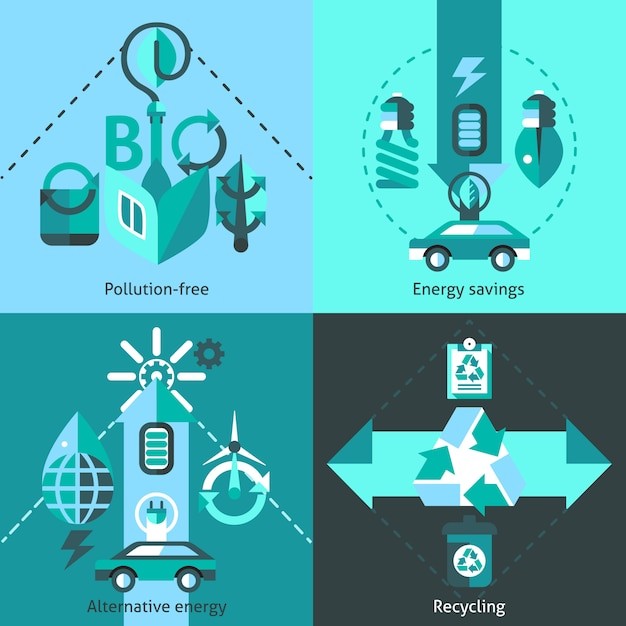Mozambique, a country known for its abundant natural resources and emerging industries, is increasingly embracing circular economy principles to address environmental challenges and foster sustainable growth. The automotive industry, a critical sector for economic development, is one area where these practices are starting to take hold. By adopting circular economy practices, Mozambique is working to reduce waste, promote recycling, and extend the lifecycle of automotive products.
One of the key components of circular economy practices in the automotive industry is vehicle recycling. In Mozambique, the reuse of car parts and the recycling of metals, plastics, and other materials from end-of-life vehicles (ELVs) is gaining attention. Local businesses and workshops are emerging to dismantle old vehicles, and salvage usable to ensure that the materials are reused or properly disposed of. This reduces the demand for new raw materials and helps prevent pollution caused by discarded vehicles.
Another notable initiative is the growth of sustainable automotive repair and refurbishment. This not only reduces waste but also offers a more affordable option for consumers who may not be able to afford new vehicles. These practices align with the principles of the circular economy, where products are maintained and reused rather than discarded.
In addition, there is a growing interest in electric vehicles (EVs) as Mozambique moves toward greener transportation options. As the global push for EVs intensifies, Mozambique is exploring how to integrate EVs into its transportation systems. The circular economy comes into play through the recycling of EV batteries and other components, ensuring that the materials used in electric cars are reused sustainably.
Through these efforts, Mozambique is aligning its automotive industry with circular economy principles, driving innovation, and creating new opportunities for sustainability. The adoption of these practices not only benefits the environment but also contributes to the country’s economic development by fostering green jobs and reducing dependency on imported automotive products.




